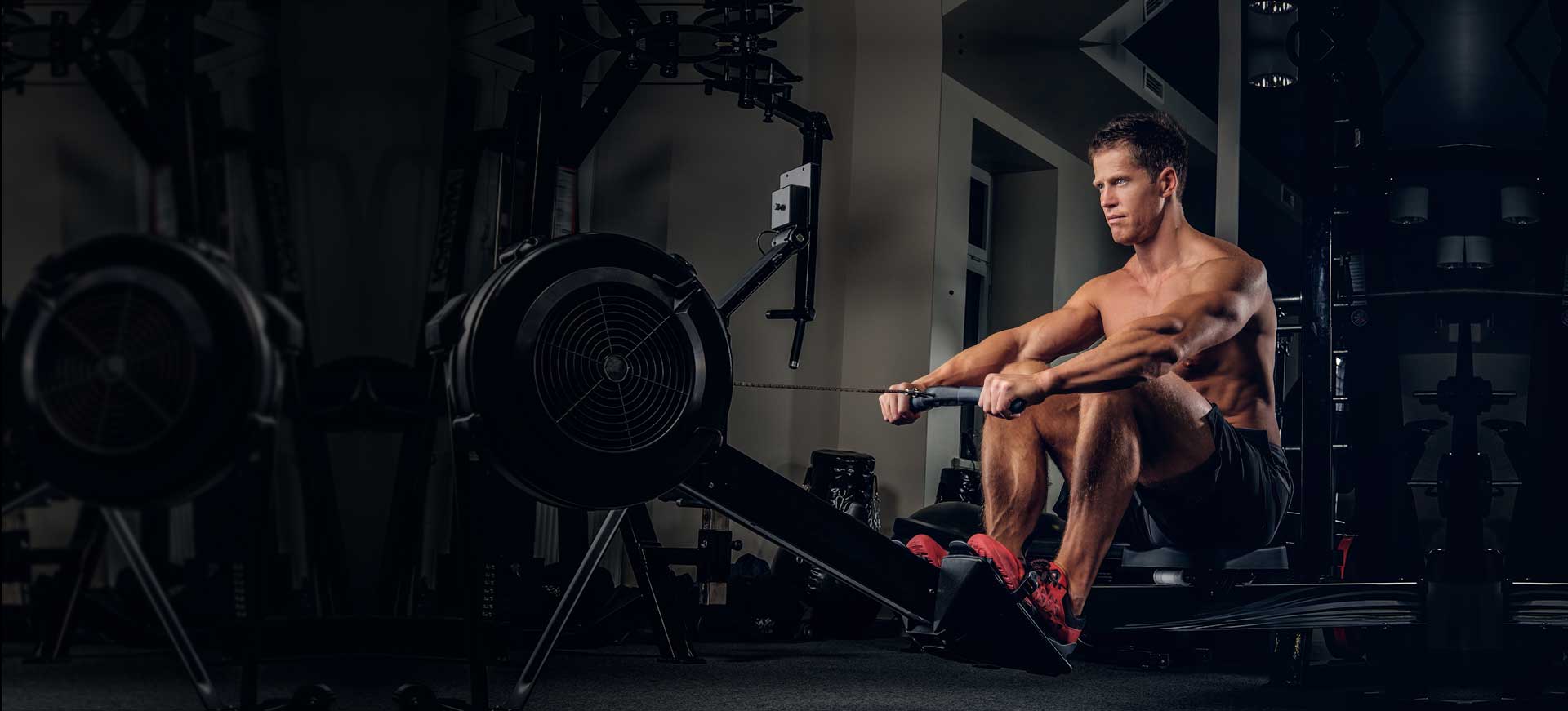
The Role of Sleep in Muscle Recovery and Overall Wellness
Sleep often takes a backseat in discussions about fitness and health, yet it plays a critical role in muscle recovery and overall wellness. Whether you’re lifting heavy weights, running marathons, or simply managing daily stress, sleep can be your secret weapon for optimal performance and long-term health. In this article, we’ll dive deep into how sleep impacts your body and why prioritizing it can transform your fitness journey.
Let’s face it: most of us undervalue sleep. We push through late nights and early mornings, thinking an extra coffee or energy drink will keep us going. But what if I told you that sleep is one of the most powerful tools for muscle recovery and overall health? It’s true! Sleep doesn’t just recharge your energy—it repairs your body, strengthens your immune system, and even boosts your mental well-being.
Understanding the Basics of Sleep
Sleep Cycles and Stages
Sleep isn’t just a passive activity; it’s a dynamic process involving multiple stages. From light sleep (stage 1) to deep restorative sleep (stage 3) and rapid eye movement (REM) sleep, each stage serves a purpose. Deep sleep, in particular, is when your body focuses on repair and regeneration, while REM supports cognitive functions like memory and learning.
How Much Sleep Do You Really Need?
The golden rule is 7-9 hours for adults, but everyone’s needs vary. If you’re physically active, your body might require more rest to recover from the wear and tear of exercise. Athletes often aim for 8-10 hours to ensure peak performance.
Sleep and Muscle Recovery
The Role of Sleep in Repairing Muscle Tissue
Every time you exercise, you create tiny tears in your muscle fibers. During sleep, your body works to repair these tears, building stronger muscles in the process. Skimping on sleep delays this recovery, leaving you sore and fatigued.
How Hormones Like Growth Hormone Are Affected by Sleep
Growth hormone is released during deep sleep, playing a crucial role in muscle repair and growth. Less sleep equals less growth hormone, which can slow your progress in the gym.
Sleep’s Impact on Overall Wellness
Sleep and Mental Health
Ever notice how everything feels harder after a bad night’s sleep? That’s because sleep is closely linked to mental health. Rest supports emotional regulation, reduces stress, and decreases the risk of anxiety and depression.
Immune System Benefits of Quality Rest
Your immune system thrives when you sleep. During rest, your body produces cytokines—proteins that fight inflammation and infection. Without adequate sleep, you’re more susceptible to illness.
The Science of Sleep and Exercise
How Lack of Sleep Affects Physical Performance
Running on little sleep isn’t just tiring; it directly impacts your strength, endurance, and coordination. Studies show that sleep-deprived individuals perform worse in physical activities compared to those who are well-rested.
Why Athletes Prioritize Sleep
Elite athletes treat sleep like a non-negotiable. Serena Williams, LeBron James, and Usain Bolt all credit their success, in part, to consistent, high-quality rest.
Common Sleep Disruptors
Stress and Sleep Deprivation
Stress is one of the biggest enemies of good sleep. High cortisol levels (the stress hormone) can keep your brain wired, making it tough to relax.
Screen Time and Its Effects on Rest
Blue light from screens interferes with melatonin production, the hormone responsible for regulating sleep. That late-night Netflix binge? It’s doing more harm than you think.
Tips for Improving Sleep Quality
Establishing a Bedtime Routine
Consistency is key. Going to bed and waking up at the same time each day trains your body to fall asleep faster. Incorporate calming activities like reading or meditation before bed.
Creating the Perfect Sleep Environment
Dark, cool, and quiet—that’s the trifecta for great sleep. Invest in blackout curtains, keep your room around 65°F (18°C), and use a white noise machine if necessary.
Sleep and Nutrition
Foods That Promote Better Sleep
Certain foods, like almonds, bananas, and oatmeal, are rich in magnesium and melatonin, which promote relaxation and sleep.
The Link Between Caffeine and Disrupted Sleep
Caffeine can stay in your system for up to 6 hours. To ensure restful sleep, cut off your coffee or tea intake by mid-afternoon.
Sleep Tracking and Monitoring
Benefits of Tracking Your Sleep Patterns
Tracking helps you understand your sleep quality and pinpoint issues. It’s like having a fitness tracker for your rest.
Best Tools and Apps for Sleep Monitoring
Apps like Sleep Cycle and devices like Fitbit or Oura Ring can give you detailed insights into your sleep stages and habits.
Debunking Myths About Sleep
Do You Need 8 Hours Every Night?
While 8 hours is a good guideline, some people function perfectly on 7, while others need closer to 9. Listen to your body.
Can You “Catch Up” on Sleep?
Unfortunately, you can’t bank sleep. One good night won’t fully compensate for a week of poor rest.
Conclusion
Sleep is a cornerstone of health, often underestimated in its impact on muscle recovery and overall wellness. From repairing tissues to boosting mental and immune health, a good night’s rest sets the stage for a healthier, more vibrant life. So, turn off those screens, dim the lights, and let your body do its magic. Sleep well to live well!
FAQs
1. Why is sleep so important for muscle recovery?
Sleep facilitates tissue repair, growth hormone release, and overall muscle recovery, ensuring better performance and less soreness.
2. Can poor sleep reverse fitness progress?
Yes, lack of sleep hinders recovery, reduces strength, and may even lead to muscle loss over time.
3. How does sleep affect weight loss?
Quality sleep regulates hunger hormones, helping you manage cravings and maintain a healthy metabolism.
4. What’s the best way to fall asleep faster?
Create a bedtime routine, limit screen time, and practice relaxation techniques like deep breathing.
5. Can naps replace nighttime sleep?
Naps can help temporarily, but they can’t fully substitute for a full night’s restorative sleep.
